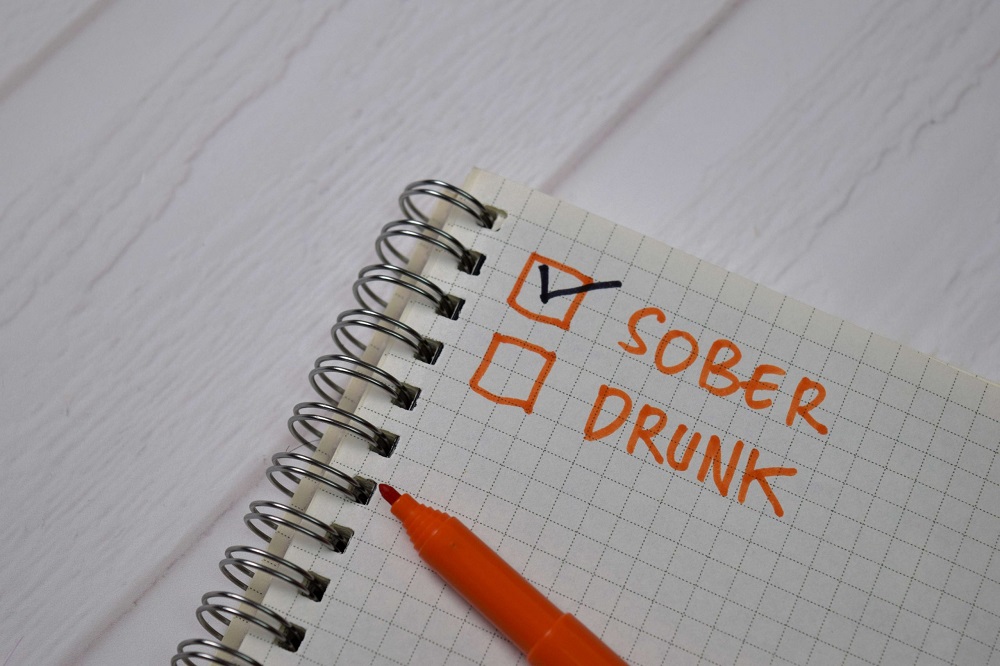Typical symptoms include fatigue, weakness, thirst, headache, muscle aches, nausea, stomach pain, vertigo, sensitivity to light and sound, anxiety, irritability, sweating, and increased blood pressure. Eating something slows the absorption of alcohol, otherwise blood alcohol levels may peak after just one hour of steady http://labeledgraph.ru/t/1920016 drinking. The type of drinks you consume can also increase the severity of a hangover. Certain types of alcohol contain high levels of substances known as congeners, which are impurities left behind during the fermentation process when alcohol is made. Dark liquors, such as bourbon, have a high level of congeners.
- They won’t cure a hangover, but they may help alleviate some of your symptoms.
- Deaths from measles rose 43 percent (to 136,200) in 2022, compared with the previous year, according to a new report from the World Health Organization and the Centers for Disease Control and Prevention.
- Individuals who suffer from migraine headaches are also more likely to experience hangovers, according to Johns Hopkins Medicine.
- There are many myths about how to treat a hangover, such as having another drink in the morning to ward off symptoms.
They include body weight, sex, alcohol type, and a person’s drinking speed. Where you place your leftovers in the fridge is also important. “The temperature in the fridge fluctuates throughout the night, even when it’s closed,” Le says. He recommends putting leftovers like meats and http://screamtv.ru/sound.php dairy, which are the first to go bad, closer to the center of the fridge. This makes them more likely to remain near a constant temperature. Put food that is the slowest to spoil, such as high-acid cranberry sauce or sugary sweet potatoes, by the door or the edge of the fridge.
What are the seven best hangover cures?
It’s important to reheat any leftovers before consuming them. According to the USDA, the temperature of the leftovers should reach 165 degrees. Rest assured that the most recognizable protein can surely last up to four days in the refrigerator and up to four months in the freezer for the best quality. Beyond that time frame, it will likely dry out and lose its flavor.
Hangover symptoms peak when the blood alcohol concentration in the body returns to about zero. Because individuals are so different, it is difficult to predict how many drinks will cause a hangover. Any time people drink to intoxication, there is a chance they could have a hangover the next day. During this period, an individual may have severe mental and physical stress due to alcohol withdrawal.
Medical Professionals
Similarly, if your blood sugar is low, you’re more likely to feel the effects of drinking alcohol. One of the main components of alcoholic drinks is sugar, used in the fermentation process to turn ethanol into beer, wine, or spirits. You may find yourself craving a sugary fix, but don’t give in. Consuming sugary drinks and foods now will only prolong your disrupted blood sugar levels. Instead, reach for fresh fruit – it’s thought to help lessen a hangover’s intensity.

The timeframe can also vary from person to person, depending on how much alcohol is consumed and your body composition. Generally, though, they won’t last longer than a day or two. If you drink frequently, you might experience more frequent shakes afterward.
Are some people more likely to develop a hangover?
If you’re concerned about your hangovers or potentially problematic or compulsive drinking behaviors, start by speaking with a physician, therapist, or other addiction treatment professional. Withdrawal can progress http://www.pirateshideoutbelize.com/hotel-review-brockencote-hall-worcestershire-2 over a period of several days as your body adjusts to the absence of alcohol. When a suspected hangover turns into a days-long ordeal, there’s a good chance it’s more than the result of just a little overindulgence.
Alcohol acts as a diuretic, causing people to urinate much more than usual. As a result, people who’ve drunk too much frequently wake up the next day with a dry mouth, terrible thirst, lightheadedness and a wicked headache. People have different tolerances to alcohol, so it can be difficult to predict how many drinks will cause a hangover. Anytime you drink to intoxication, you run the risk of having a hangover the next day.
Smell is a common indicator people use to see if food has gone bad. A foul odor may suggest that certain bacteria, mold or other microorganisms have gotten the best of your leftovers. But surprisingly, spoilage bacteria generally don’t cause illness. (Although people might feel sick from the revolting scent and taste.) Disease-causing bacteria typically do not change food’s smell, flavor or appearance. That’s why a sniff test isn’t always reliable, says Jennifer Quinlan, a food safety expert and a professor of nutrition sciences at Drexel University. Instead Quinlan emphasizes the importance of taking preventive steps when cooking, such as avoiding cross contamination and not leaving raw or cooked food sitting out for too long.
- They can help determine your level of addiction risk and potential avenues of treatment, if necessary.
- Hangovers tend to go away on their own, even if you don’t do anything.
- Instead, reach for fresh fruit – it’s thought to help lessen a hangover’s intensity.
- (Woohoo!) During this time, your body slowly eliminates alcohol’s toxic byproducts, rehydrates, heals tissue, and rebalances your brain and body back to its normal state.
- However, they did find that people whose food and beverage consumption contained greater amounts of zinc and B vitamins had less severe hangovers.